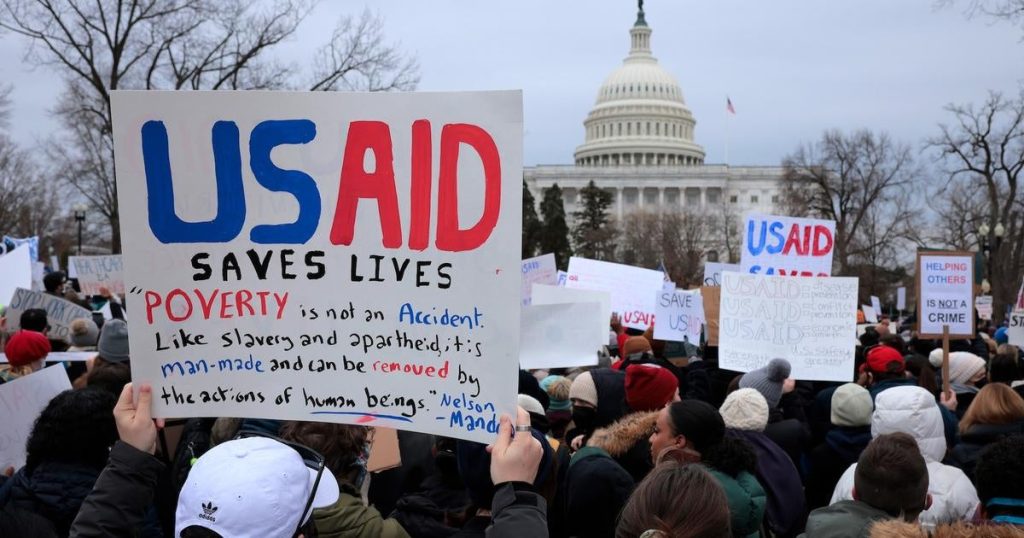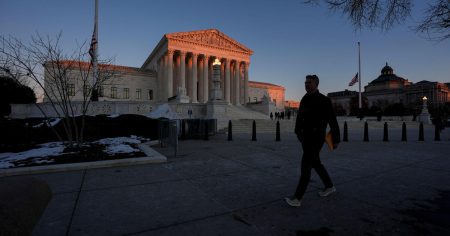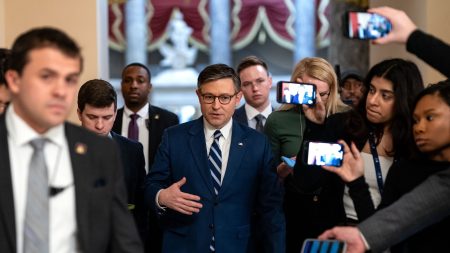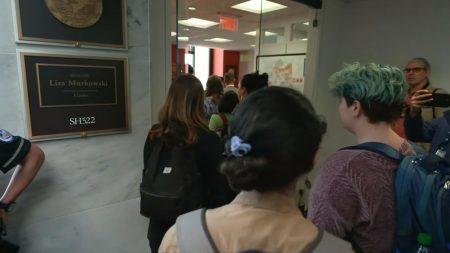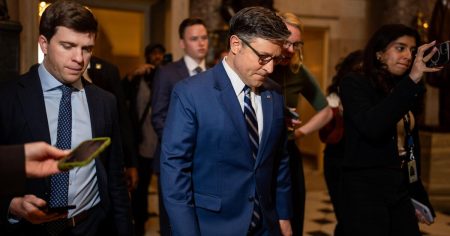Federal Judge Orders Trump Administration to Restore Foreign Aid Funding
In a significant legal development, U.S. District Judge Amir Ali mandated the Trump administration to adhere to a temporary restraining order, halting the pause on foreign assistance funding. The State Department and the U.S. Agency for International Development (USAID) were given until Wednesday night to settle all invoices for work completed before February 13th. This ruling came in response to a case filed by businesses and nonprofits engaged in foreign aid work, who argued that Trump’s executive action and a directive from Secretary of State Marco Rubio had halted their funding, forcing them to cease operations.
Background of the Legal Battle
The plaintiffs, comprising contractors and nonprofit groups, contended that the 90-day freeze on foreign aid imposed by Trump and Rubio had severed their access to federal funds, disrupting their projects. Judge Ali’s order aimed to restore funding flows, ensuring these organizations could continue their work while the case proceeds. The ruling underscored the court’s role in upholding contractual obligations and preventing bureaucratic delays from hindering critical international aid efforts.
Emergency Hearing Reveals Lack of Compliance
During an emergency hearing, Judge Ali expressed frustration when the Justice Department failed to provide details on the administration’s efforts to reinstate funding. The plaintiffs’ counsel emphasized that no directives had been issued to unfreeze funds, leaving millions of dollars in invoices unpaid. This inaction persisted despite the court’s order, highlighting the administration’s reluctance to comply and the ensuing financial strain on contractors.
Impact on Contractors and Human Consequences
The situation had severe repercussions for companies like DAI Global, which reported $115 million in unpaid bills, over $70 million of which were overdue. Despite the court order, USAID had not reversed any project terminations, leading DAI Global to furlough 124 employees. This exemplified the human cost of the funding impasse, as workers faced unemployment due to administrative delays and political decisions.
Broader Implications for USAID and Foreign Aid
The funding issue coincided with a broader restructuring of USAID, which resulted in 4,200 employees being placed on administrative leave. This move, following a failed union appeal, signaled a significant shift in the agency’s operations, raising concerns about the future of U.S. foreign aid programs and their global impact.
Accountability and the Road Ahead
Judge Ali’s ruling not only addressed the immediate funding crisis but also emphasized the need for government accountability. The administration’s failure to comply with the court order highlighted issues of transparency and efficiency, underscoring the importance of judicial oversight in ensuring the execution of lawful directives. As the legal proceedings continue, the focus remains on resolving the funding impasse and mitigating the human and operational consequences for those involved.





